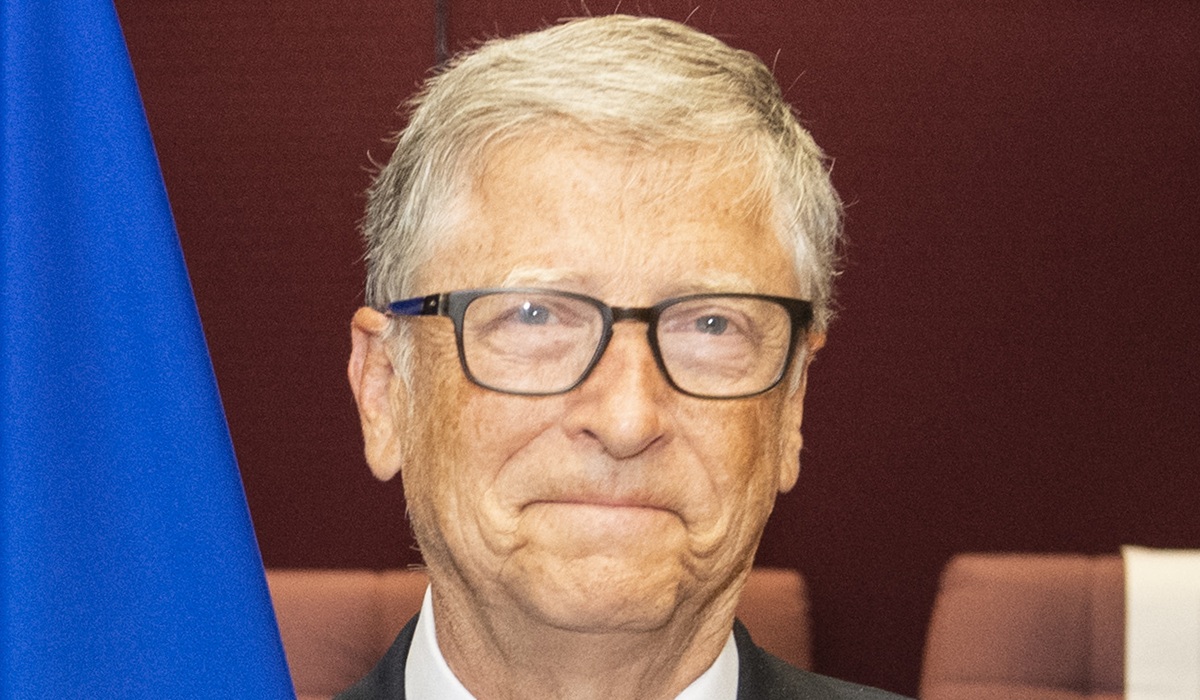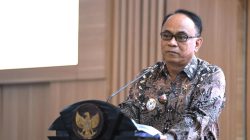A Major Shift in U.S. Foreign Aid and the Global Health Crisis
The recent decision by the United States to scale back its foreign assistance programs has sparked significant concern among global health advocates, particularly those who have long supported initiatives aimed at improving public health in developing nations. This shift comes as a result of changes in leadership and policy direction, with notable figures like former President Donald Trump and his administration playing a central role.
Tolong support kita ya,
Cukup klik ini aja: https://indonesiacrowd.com/support-bonus/
Marco Rubio, who has been serving as both the Secretary of State and acting administrator of USAID, made a startling announcement that “USAID will officially cease to implement foreign assistance.” This move marks a dramatic change in the country’s approach to international aid and has raised alarms among health professionals and humanitarian organizations.
Bill Gates, the Microsoft co-founder turned philanthropist, has been one of the most vocal critics of this decision. Known for his efforts to combat diseases such as tuberculosis, malaria, polio, and HIV, Gates has emphasized the devastating impact of aid cuts on global health. He stated, “The facts are simple and devastating: Aid cuts have already cost lives, and the number of deaths will continue to rise.”
Gates has also urged the U.S. government to reconsider its stance, arguing that even a small investment in global health can make a significant difference. “With a relatively small amount of money, you can do a great deal of good for a great many people,” he said. “This is money well spent, and we should go back to spending it now.”
Support us — there's a special gift for you.
Click here: https://indonesiacrowd.com/support-bonus/
In December, Gates met with then-president-elect Trump at Mar-a-Lago, where he encouraged the incoming administration to maintain America’s aid and relief programs, including the PEPFAR program, which has saved over ten million lives through HIV treatment.
However, in February, the Trump administration allowed Elon Musk, the richest man in the world, to begin dismantling USAID, which oversees the PEPFAR program. Musk publicly boasted about “feeding USAID into the wood chipper,” highlighting the drastic changes taking place.
According to data from the KFF and the U.S. Treasury, health aid is a small portion of America’s foreign aid, which itself is a small part of the federal budget. In 2023, the U.S. spent less than one percent of the federal budget on lifesaving global health programs.
A new report published by The Lancet estimates that up to 14 million people worldwide could die over the next five years due to the USAID cuts implemented by the Trump administration. This includes approximately 4.5 million children under the age of five.
Gates testified before Congress in June, stating, “When the United States and other governments suddenly cut their aid budgets, I know for a fact that more children will die. We’re already seeing the tragic impact of reductions in aid, and we know the number of deaths will continue to rise.”
Before the Senate and House passed Trump’s reconciliation bill, Gates shared a video of Senator Susan Collins (R-ME) advocating for PEPFAR during the Senate Appropriations hearing on rescissions. Collins emphasized that PEPFAR remains a bipartisan priority and warned against cutting funding aimed at preventing disease transmission, calling it “extraordinarily ill-advised and short-sighted.”
Gates added, “It’s not too late to change course.”
On Tuesday, Collins was one of three Republican Senators to vote against the bill, alongside Sens. Rand Paul (KY) and Thom Tillis (NC). The bill passed with a narrow margin of 51-50, thanks to Vice President JD Vance’s tiebreaking vote.
The debate surrounding the bill has drawn attention to broader concerns about the future of U.S. foreign aid and its impact on global health. As the situation unfolds, the voices of health advocates and concerned citizens continue to call for a reevaluation of these critical policies.







